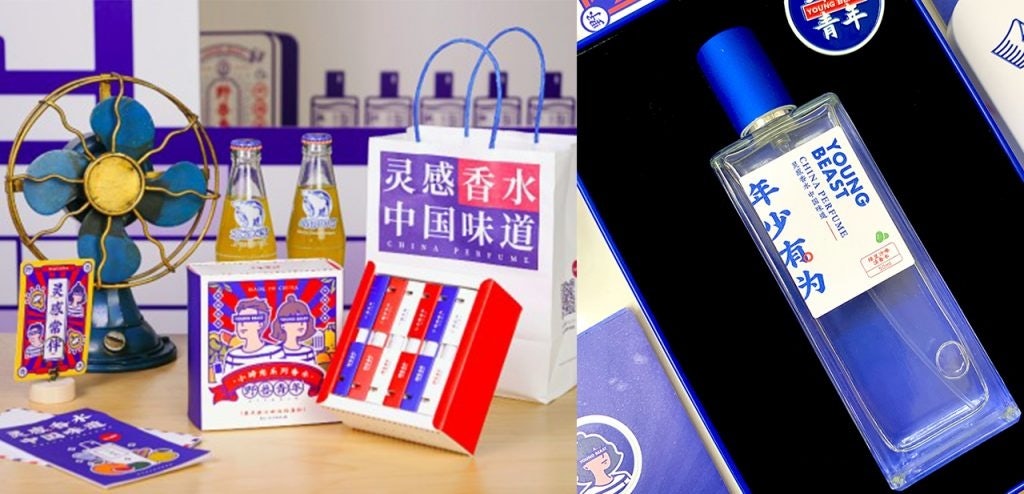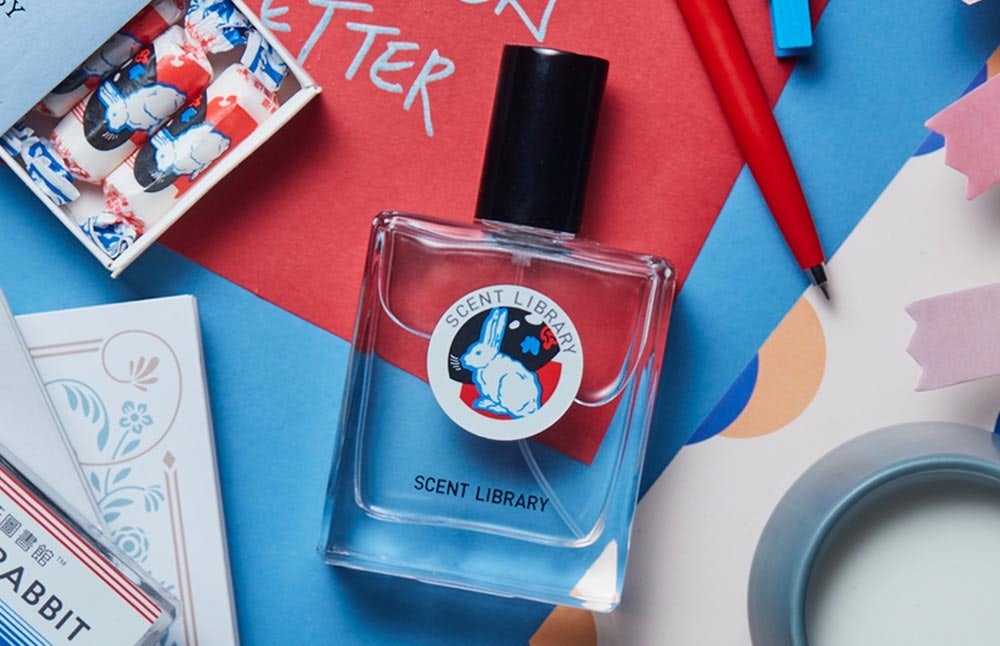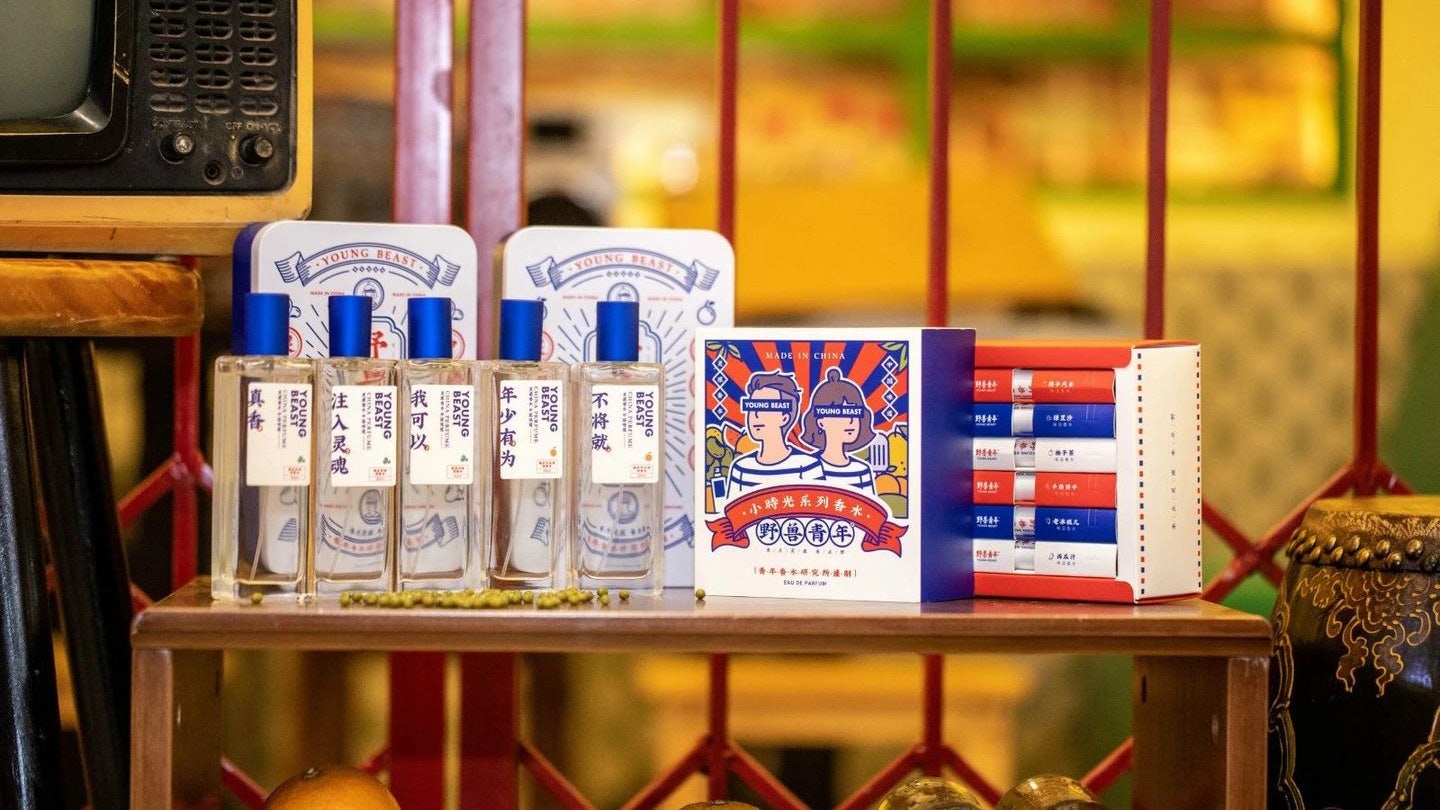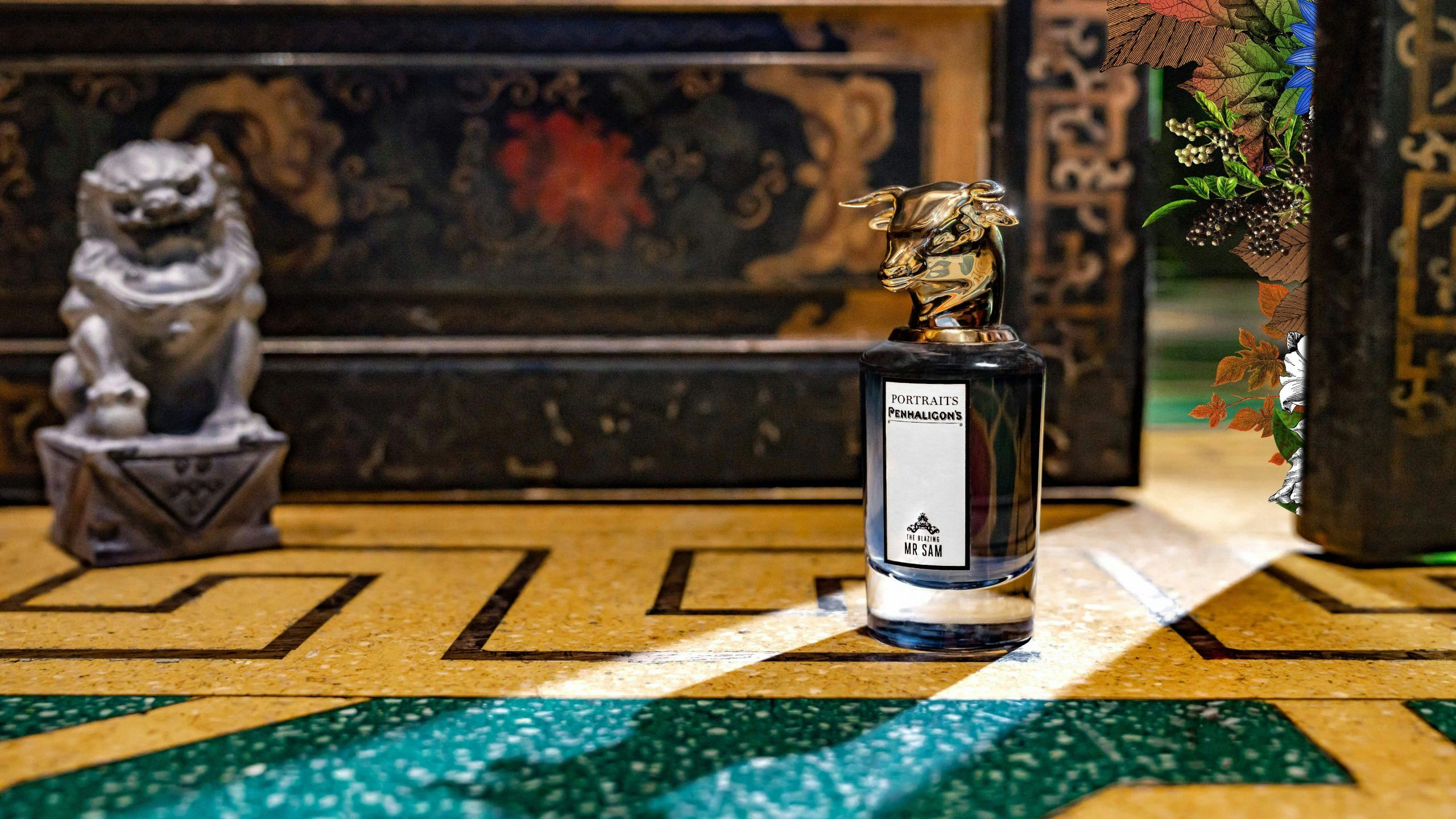Key Takeaways:#
Nostalgia marketing is very successful in China for multiple reasons, including the increasing loneliness of young adults and the importance of collective memories.
Due to physiological reasons, smells are a powerful nostalgia trigger, offering users the mental health benefit of improved mood and emotional resilience.
In-depth interview research on nostalgia triggers among Chinese millennials and Gen Zers found that sweet scents are strongly associated with first crushes. Osmanthus, cedar, chili-peppers, and fruit are also powerful nostalgia triggers in various regions.
Research shows that the brain’s feel-good chemicals, dopamine, serotonin, and oxytocin, are activated at higher levels between the ages of 12 and 22, which is why we often feel a nostalgic yearning for our teenage and early adulthood years. As such, a successful nostalgia marketing campaign successfully returns consumers to their cherished youthful years.
Nostalgia marketing is particularly effective on young Chinese because, due to China’s historically collective culture, Chinese tend to value collective memories and form collective identities. Therefore, when a nostalgia campaign targets shared memories, the return has the potential to be many times larger than in an individualistic society.
But another reason nostalgia marketing works well among young Chinese adults is the emerging loneliness epidemic gripping this age group, as they often work far from home and have a hard time managing the stress of an increasingly fast-paced society. Yet this loneliness is often a nostalgia trigger, making the group a perfect target for nostalgia campaigns.
So, we already know that nostalgia marketing in China is highly effective, but to tap into this market, we must ask ourselves: What are the unique nostalgia triggers for Chinese consumers?
Recently, the perfume industry has begun to leverage the physiological relationship between scent and memory with great success. However, perfume is a relatively new market in China. According to China Daily, less than one percent of the Chinese population uses fragrances daily. However, this number is growing quickly.
To capture the potential of China’s budding perfume market, brands must figure out which scents most agree with consumers. That is where nostalgia comes into play. Although nostalgia is often associated with sadness, it has been shown to offer the mental health benefit of improving mood and is associated with emotional resilience. As such, nostalgia-inducing scents make their users happier.
So what are the most powerful nostalgia-inducing scents among Chinese young adults? According to in-depth interview research from Daxue consulting, these were the smells that the 19 to 26-year-old participants remembered when asked about different phases in life:
Home cooking, including rice, fried pork, braised beef, and soup
Some participants recalled the smells of cleaning products and laundry detergent
Cedar, firecrackers, and grilled meat were popular in the Northeast region
Osmanthus, fresh-cut grass, and chicken soup were popular in the Eastern region
Mangos, bananas, fresh juice, and pool water were favored in the Southern region
Hot pots, Chili-peppers, and sweet and sour soup were recognized in the Southwest region
Fried meat and snacks from mini-shops
Fresh air
Hot pots in dorms
The smell of books in the library
Mosquito spray and rainy days
Natural smells like fresh-cut grass and the smell of food like hamburgers made female participants remember their first crushes
Sweet and fruity smells caused male participants to think of their first loves
Perfume product reviews confirm the correlation between sweet and fruity scents and first love.
A caramel-scented perfume from Les Petits Plaisirs received a comment stating that “[the perfume] represents the smell of first love. It’s a sweet, soft, and light feminine smell. I see a girl wearing a long white dress, running on the field.” Meanwhile, Jo Malone’s Orange Blossom Cologne triggers similar nostalgic memories among Chinese netizens.
On the other hand, perfume brands in China promote natural scents to men to conjure a woman's ‘first love’ thoughts. For example, Bvlgari’s cologne, described as a natural “wooden tea smell,” is marketed in Sephora China as a ‘first love’ scent as is Burberry’s sweet floral perfume for women is on Chinese e-commerce sites. Yet, neither of these items are considered ‘first love’ scents in their native markets.
But perfumes aren’t just limited to first-love scents, as fragrances like osmanthus and mung bean bring Chinese perfume users a different whirlwind of memories. For example, product reviews on the Osmanthus oolong scent from the Shanghai flower shop THE BEAST brought some Chinese netizens back to their childhood, “Every time I smell something like Osmanthus, I automatically think of my childhood — a memory so great that I can never forget,” said one user. Additionally, a gender-neutral mung-bean fragrance by the domestic brand Young Beast has been recognized as a ‘scent of nostalgia.’

And finally, the iconic candy brand White Rabbit, which is no stranger to nostalgia marketing, converted its sweet-milky flavor to perfume in its collaboration with Scent Library, which is a Chinese retailer that focuses on niche fragrances. In response to this collaboration, netizens responded with great enthusiasm. “My favorite, White Rabbit, finally has perfume,” said one user excitedly. “I am so happy. [It’s] the best memory in my childhood.”

Chinese fragrance preferences differ from Western ones, as users in China prefer light, floral scents that don’t stand out, as strong perfume can be considered indecent. In fact, the most common complaint about perfumes in China is that they’re too strong, which is why the sweet spot for fragrances there are natural scents like osmanthus, oolong, cedar, and mango, which are light and mood-brightening, thanks to nostalgia.
This analysis was based on Daxue Consulting’s qualitative nostalgia research which can be downloaded here.

